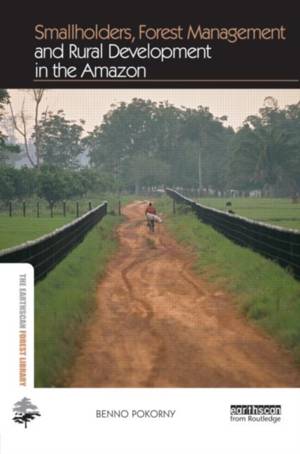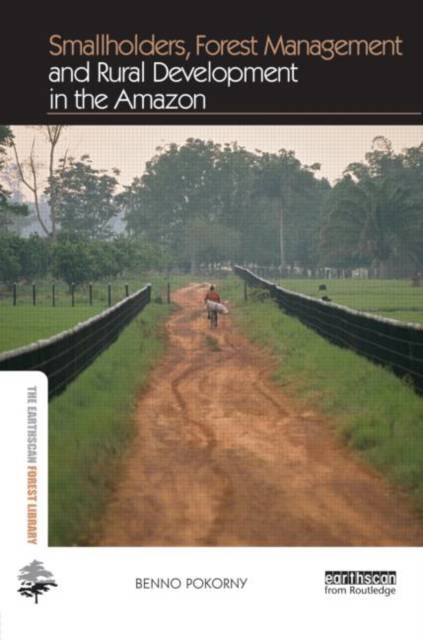
- Afhalen na 1 uur in een winkel met voorraad
- Gratis thuislevering in België vanaf € 30
- Ruim aanbod met 7 miljoen producten
- Afhalen na 1 uur in een winkel met voorraad
- Gratis thuislevering in België vanaf € 30
- Ruim aanbod met 7 miljoen producten
Smallholders, Forest Management and Rural Development in the Amazon
Benno PokornyOmschrijving
The ongoing debate concerning the Amazon's crucial role in global climate and biodiversity is entirely dependent upon sustainable development in the region. Recognizing that forests are an integral part of the social fabric in the region, initiatives such as community forestry, small-scale tree plantations and agroforestry, as well as payments for environmental services have aimed at conserving the natural forest landscape. At the same time these attempt to protect and enhance the well-being of poor local smallholders including indigenous groups, traditional communities and small farmers.
Against this background, this book analyses numerous promising local tree and forest management initiatives taken by smallholders in the Bolivian, Brazilian, Ecuadorian and Peruvian Amazon to better understand the key success factors. The insights gained from more than 100 case studies analyzed by researchers from Latin-America and Europe in cooperation with local stakeholders reveal the need for critical reflection on the initiatives targeting poor Amazonian families.
The book discusses an operational vision of rural development grounded on the effective use of smallholders' capacities to contribute to a sustainable and equitable development of the region. It provides helpful information and ideas not only for scientists, but also for development organisations, decision makers and all who are interested in one of the major challenges facing the Amazon: to combine equitable development with the conservation of its unique ecosystems.
Specificaties
Betrokkenen
- Auteur(s):
- Uitgeverij:
Inhoud
- Aantal bladzijden:
- 256
- Taal:
- Engels
- Reeks:
Eigenschappen
- Productcode (EAN):
- 9780415660679
- Verschijningsdatum:
- 17/05/2013
- Uitvoering:
- Hardcover
- Formaat:
- Genaaid
- Afmetingen:
- 157 mm x 236 mm
- Gewicht:
- 517 g

Alleen bij Standaard Boekhandel
Beoordelingen
We publiceren alleen reviews die voldoen aan de voorwaarden voor reviews. Bekijk onze voorwaarden voor reviews.











